Nehammer says his People’s Party would not support measures that it believes would harm the economy or new taxes.
Austrian Chancellor Karl Nehammer says he will resign after talks between the country’s biggest centrist parties on forming a government without the far-right Freedom Party (FPO) collapsed.
Nehammer’s announcement on Saturday prompted Austria’s ruling conservative People’s Party (OVP) to hold a crisis meeting on Sunday to pick a successor.
According to the Kronen Zeitung newspaper, the conservatives elected the OVP’s secretary-general, Christian Stocker, as the interim leader.
Nehammer’s resignation announcement came a day after the liberal Neos party withdrew from the negotiations with the OVP and the Social Democrats (SPO).
“After the breakoff of the coalition talks, I am going to do the following: I will step down both as chancellor and party chairman of the People’s Party in the coming days,” he said.
In a video posted to his social media accounts, the outgoing chancellor said “long and honest” negotiations with the centre-left failed despite a shared interest in fending off the gaining far right.
Nehammer emphasised that his party would not support measures that it believes would harm the economy or new taxes.
He said he would enable “an orderly transition” and railed against “radicals who do not offer a single solution to any problem but only live from describing problems”.
The FPO won the first parliamentary election in its history in late September with close to 30 percent of the vote.
But other parties refused to govern in a coalition with the eurosceptic, Russia-friendly FPO and its leader Herbert Kickl, so President Alexander Van der Bellen in late October tasked Nehammer to form a coalition.
Nehammer’s announcement comes after he also failed to reach an understanding with Neos.
Neos leader Beate Meinl-Reisinger said progress was impossible and that “fundamental reforms” had not been agreed upon.
The political landscape remains uncertain in Austria, with no immediate possibility of forming a stable government due to ongoing differences between the parties.
The president may now appoint another leader and an interim government as the parties try to find a way out of the deadlock.
The next government in Austria faces the challenge of saving between 18 to 24 billion euros ($18.5-24.7bn), according to the European Commission.
The country’s economy has been in a recession for the past two years, experiencing rising unemployment and its budget stands at 3.7 percent of gross domestic product – above the European Union’s limit of 3 percent.

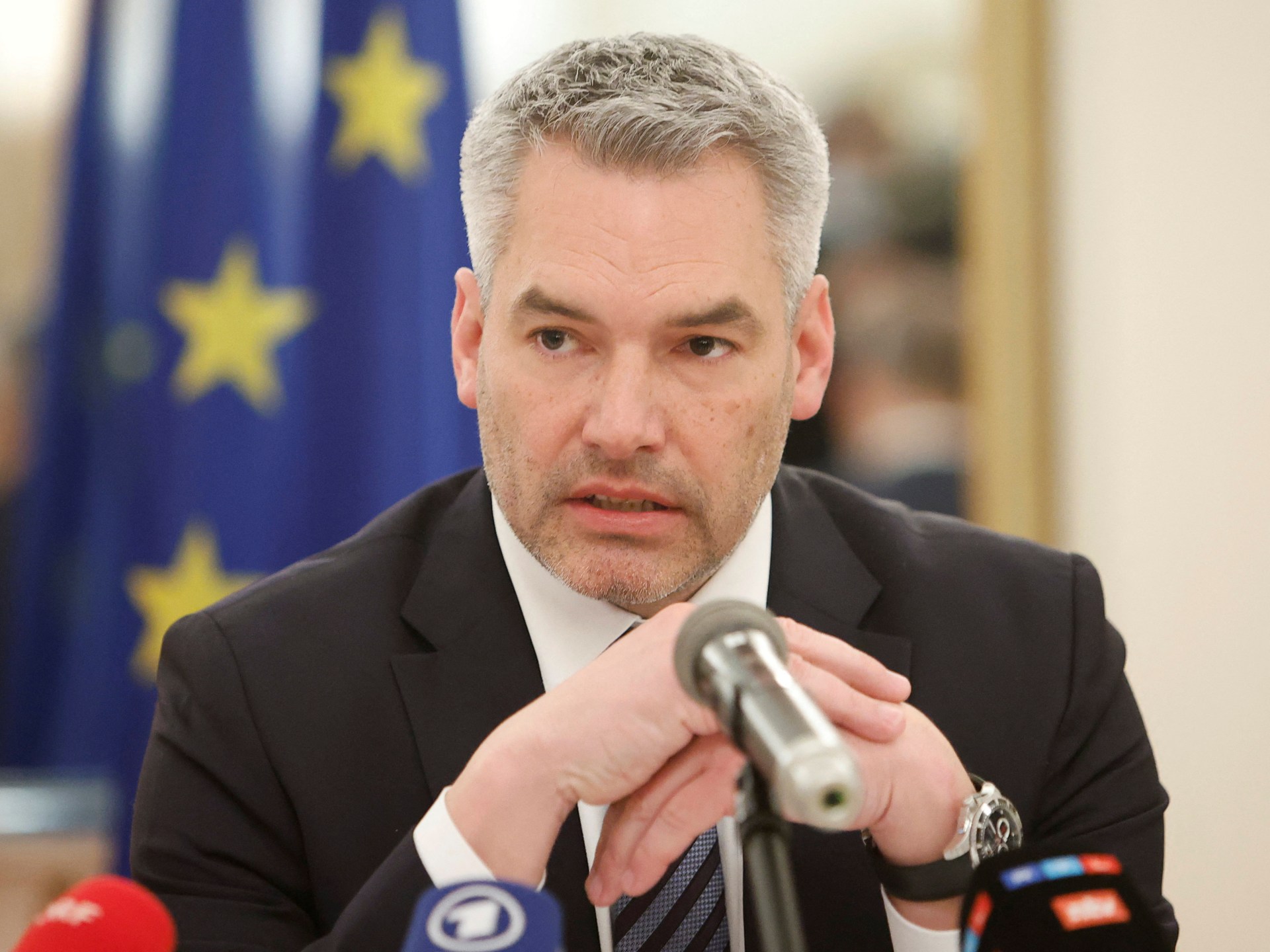
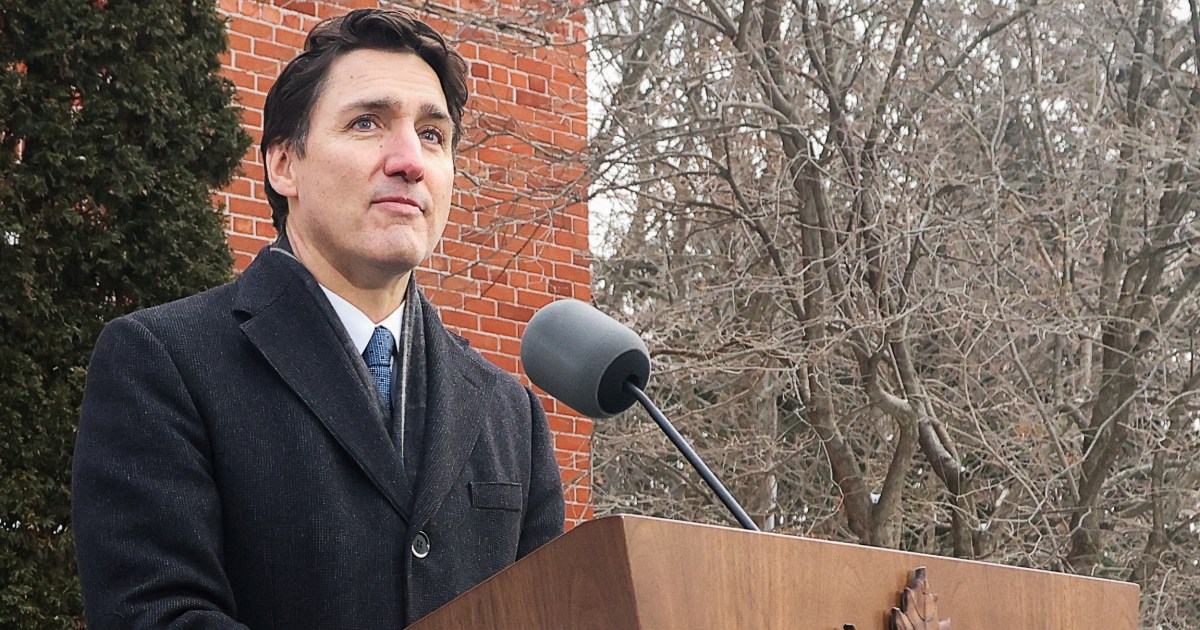
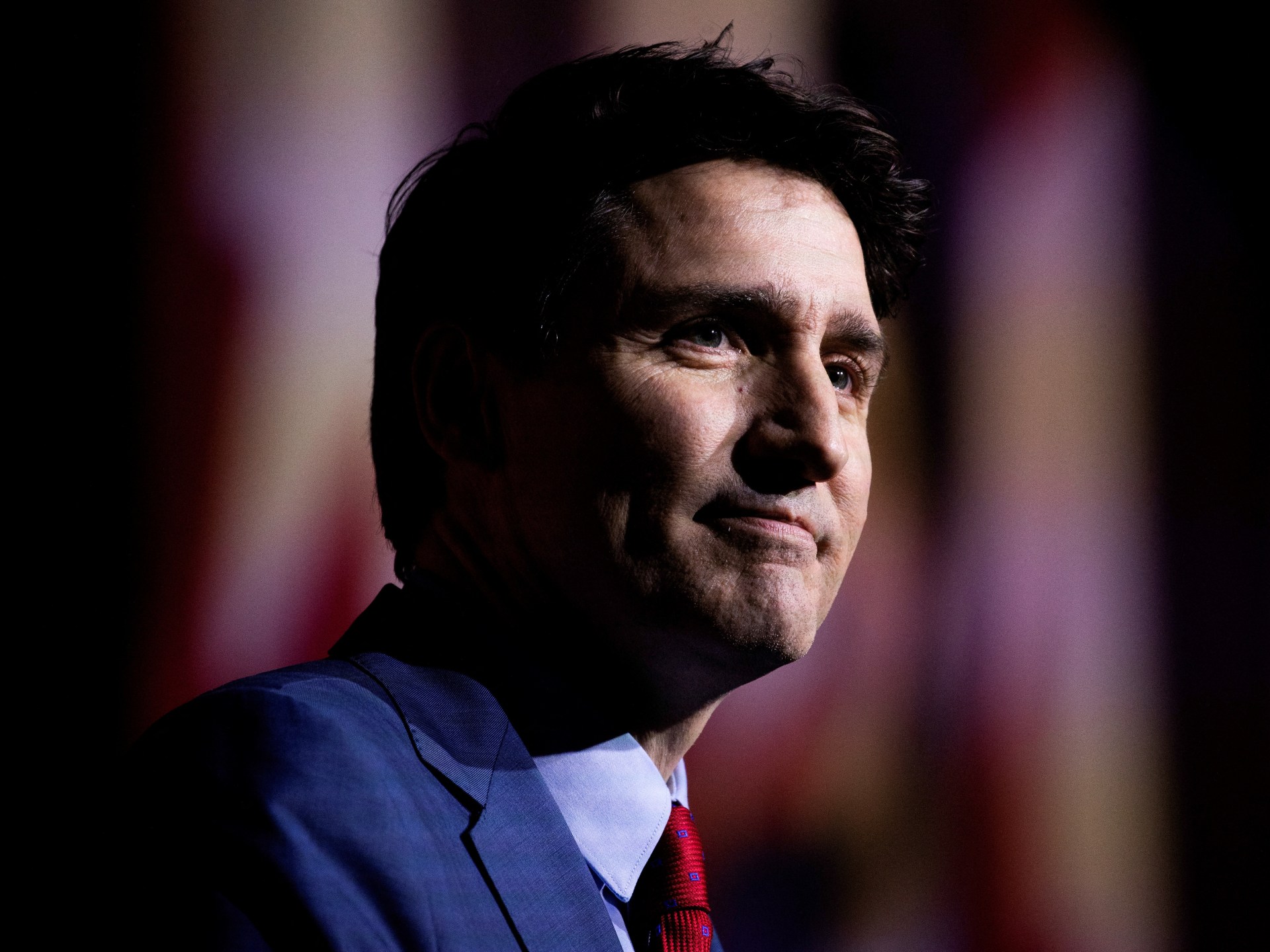
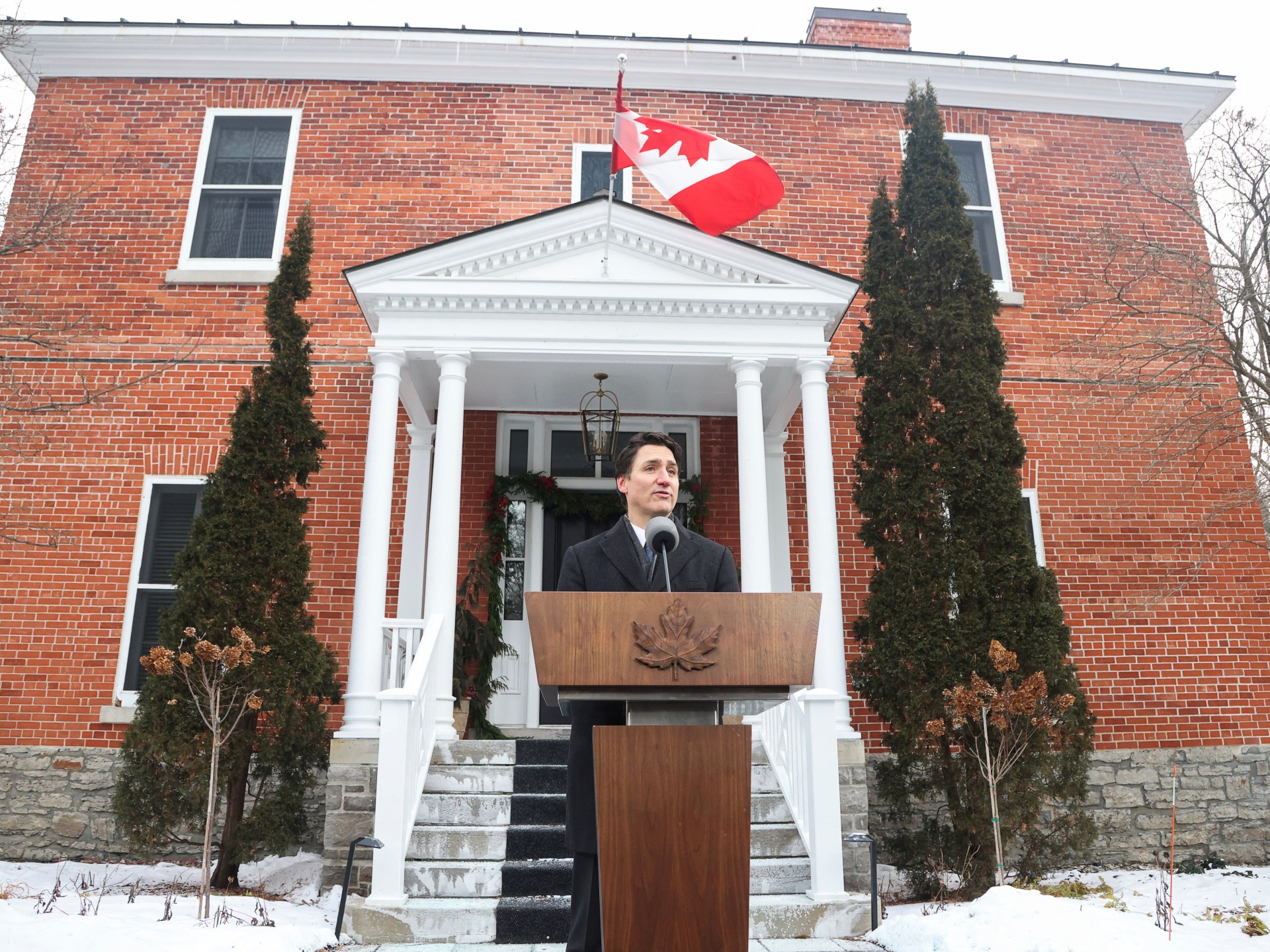
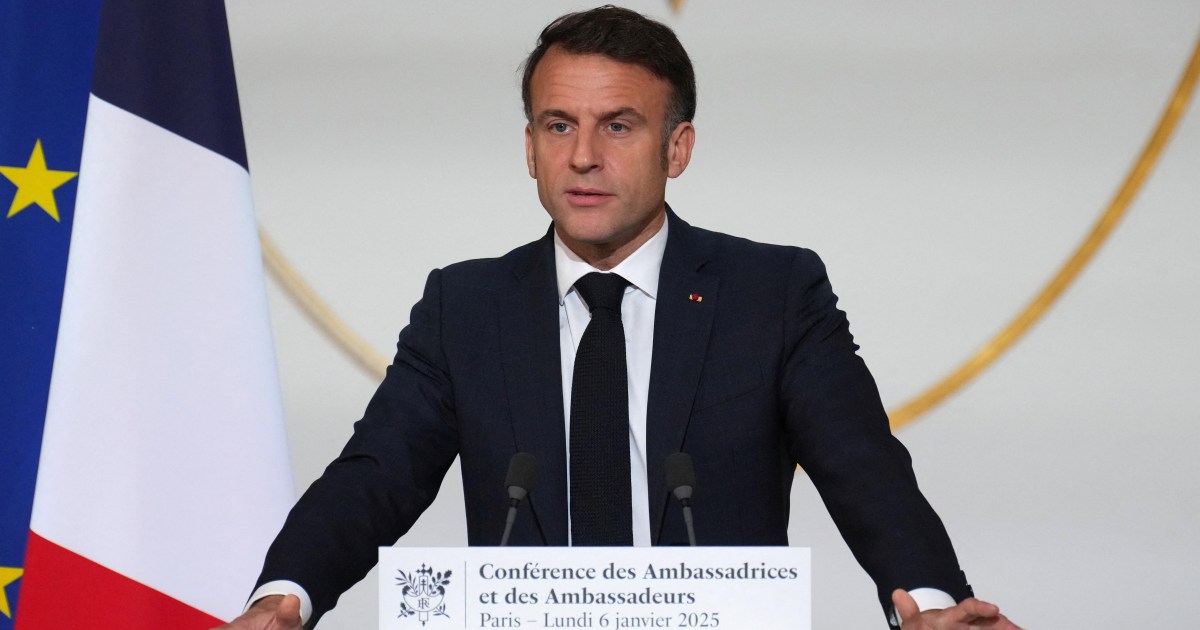
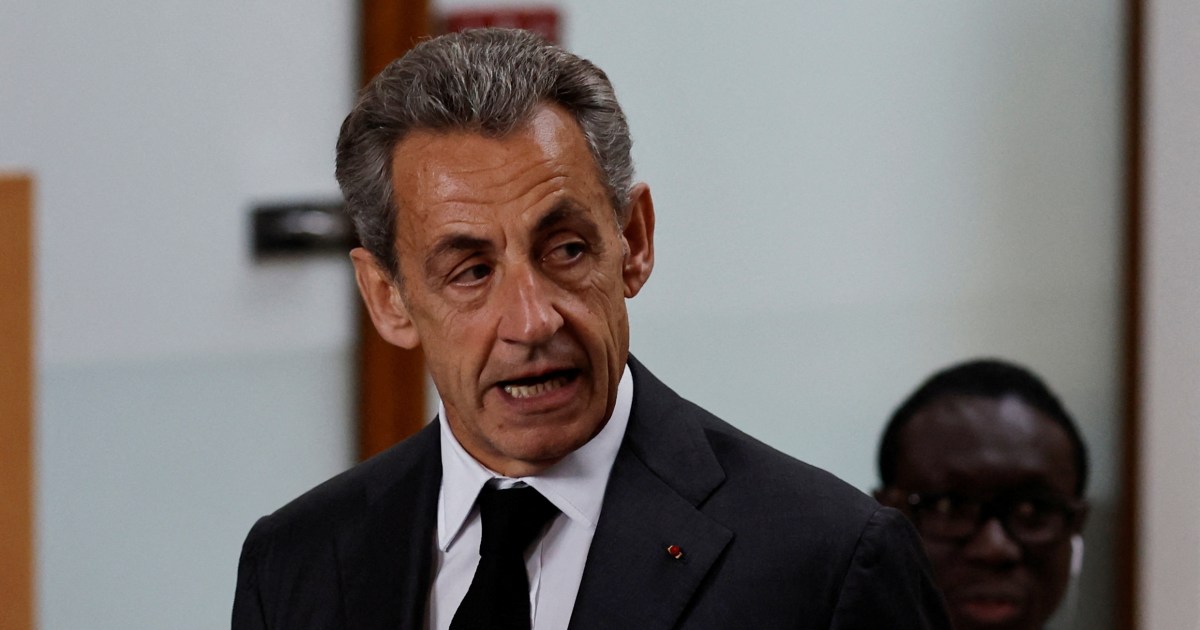








Leave a Reply